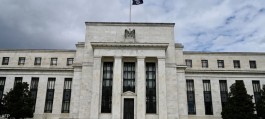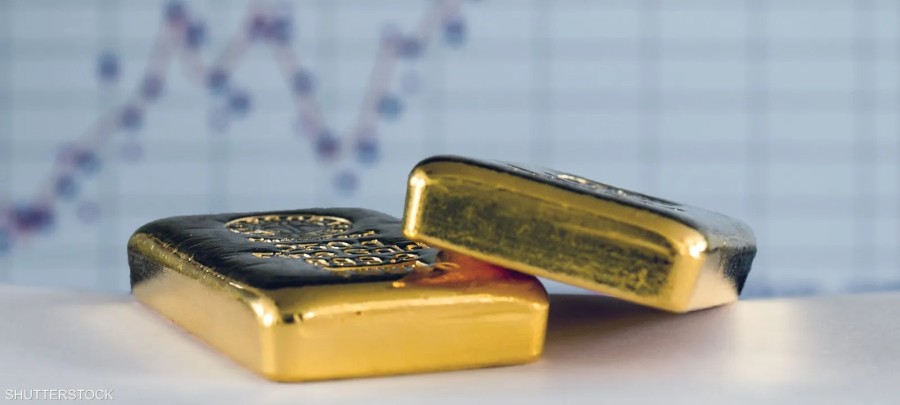China has announced the cancellation of a long-standing tax incentive on gold, a move expected to affect domestic prices for the precious metal and curb demand in one of the world's largest bullion markets.
Starting November 1, Chinese authorities will stop allowing retailers to deduct value-added tax when selling gold purchased from the Shanghai Gold Exchange, whether sold directly or after processing, according to new legislation issued by the Chinese Ministry of Finance.
The new decision includes all types of gold products, whether investment-grade such as high-purity bullion, ingots and coins approved by the People’s Bank of China, or non-investment-grade such as jewelry and industrial uses.
Analysts believe this move is intended to boost government revenue at a time when China is facing financial pressures due to slowing economic growth and a property market crisis. However, it could also increase the cost of gold for domestic consumers, negatively impacting market demand.
Over the past few months, gold has seen a strong buying spree from individual investors around the world, pushing prices to record levels approaching $4,000 an ounce, before the yellow metal declined as demand slowed, especially after the end of the buying season in India and the decline in demand for exchange-traded funds.
The trade truce between the United States and China also contributed to a decline in demand for gold as a safe haven, following a period of geopolitical turmoil that had boosted demand for it.
Despite the recent decline, gold prices remain stable near the $4,000 per ounce level, supported by factors such as purchases by global central banks, the US Federal Reserve's move towards lowering interest rates, and economic uncertainty that keeps the precious metal attractive to investors.
Analysts believe that prices could continue to rise in the medium term, approaching $5,000 an ounce next year, if central banks continue their accommodative policies and geopolitical risks escalate globally.






































